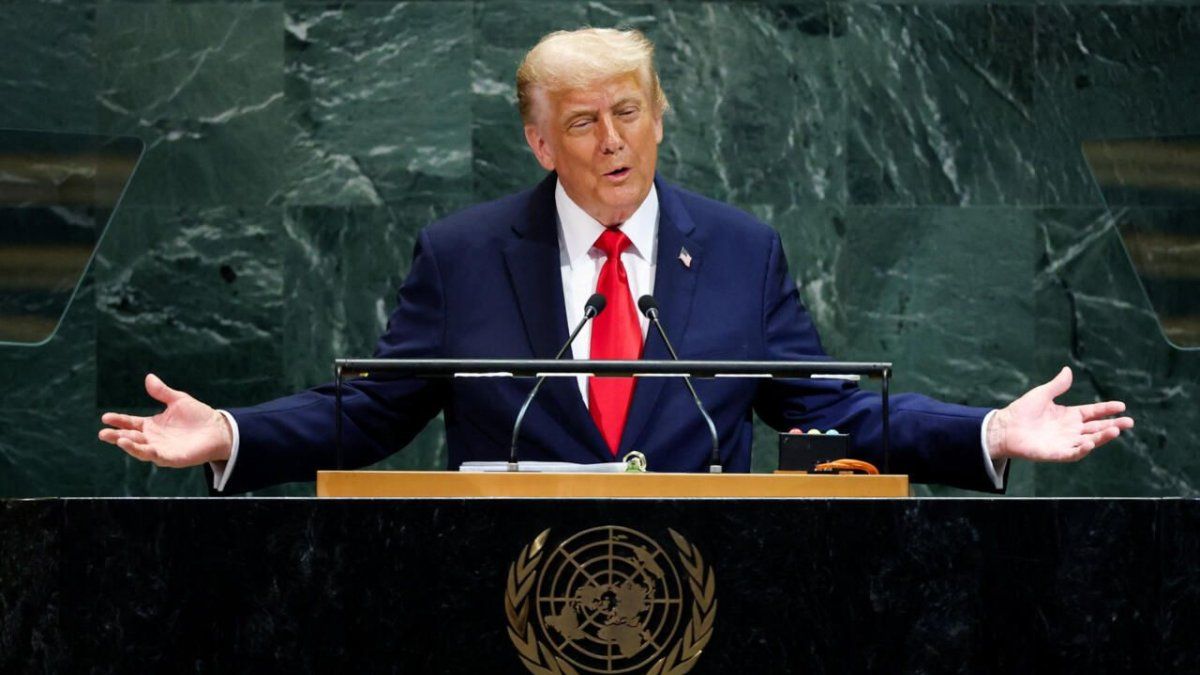Since his return to power in August 2021, the talibanMuslim fundamentalists, excluded the women of the majority of secondary education centers, of the universities and of the public administration.
The women nor can they work for international organizations, access parks, gardens, gyms or public toilets or travel without being accompanied by a male relative. They must also fully cover themselves when leaving home.
The decision to close the Beauty salons, announced by decree at the end of June, means the disappearance of thousands of businesses run by women. These establishments were often the only resource for their families and constituted one of the last spaces of freedom and socialization for Afghans.
image.png
Some 12,000 locals affected by the Taliban measure
“We used to come here and spend time to talk about our future. Now, even that right has been taken away from us,” he said. Baharaa client of a beauty salon in Kabul.
“The women they do not have the right to enter the places of entertainment. What can we do? Where can we have fun? Where can we meet?” she added.
The prohibition of Beauty salons will lose their income to some 60,000 women who work in 12,000 establishmentsaccording to Chamber of Commerce and Industry for the women of Afghanistan.
This Tuesday, many halls in Kabul they had already closed their doors, while others waited until the last minute to do so.
One owner recounted that she was forced to sign a letter saying that she was closing her establishment of her own free will and giving up her license to manage it.
“It was a horrible scene: they arrived with military vehicles and rifles,” he said, without revealing his identity. “What can a woman do in the face of so much insistence and pressure?”
Last week, security forces fired into the air and used water cannons to disperse dozens of Afghans demonstrating in Kabul against the decree.
image.png

By confirming the measure days after the promulgation of the decree, the Ministry of Prevention of Vice and Promotion of Virtue He specified that the salons had a month until Tuesday to close their doors.
The ministry justified the closure of the halls by claiming that people spend extravagant sums there for weddings, which it considered too heavy a burden for poor families, and by claiming that some of the services offered did not comply with Islamic law.
Wearing makeup prevented women from properly performing their ablutions before prayer, the ministry had said. False eyelashes and braids were also banned.
A written copy of the decree to which the AFP indicates that the decision was based on a “verbal instruction from the supreme chief” of Afghanistan, Hibatullah Akhundzada.
Beauty salons proliferated in Kabul and large Afghan cities during the 20 years of occupation by US forces and the NATO.
Source: Ambito




